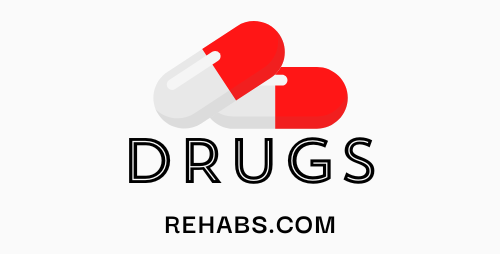If you or a loved one is facing a drug addiction problem, then you may have to look for an inpatient drug rehab facility. Inpatient drug rehab centers help provide you with therapy and techniques that can help you overcome your drug addiction and get back on track in life. Inpatient drug rehab centers are medical facilities that were created to help treat drug addicts through detoxing and other types of treatment. It involves full-time participation for the duration of the rehabilitation program. Inpatient drug rehab has been found to be much more beneficial to addicts than outpatient drug rehab programs.
Who needs inpatient drug rehab?
Many addicts believe that they are capable of stopping their addiction whenever they desire. However, this never ends up happening. Addicts with this kind of mentality can benefit from inpatient drug rehab. There are also other common indicators that a person requires inpatient drug rehab, such as:
- Former outpatient care
- Lacking in motivation
- Lacking in an environment that can foster recovery
- Lacking in support
- Mental illnesses
- Severe physical illness
- Relapsed from prior program
- Living with others who are abusing the drug
All of the barriers can stand between your current state and your sobriety. An inpatient program offers the best way to recover, regardless of your addiction.
What To Expect For Inpatient Drug Rehab
It can be daunting to think about what takes place in an inpatient drug rehab center. After all, most of us have never seen the inside of one and have only seen depictions on television shows. Having an understanding of what to expect during your inpatient recovery program can help ease your mind and begin transition.
Inpatient drug rehab centers are not locked and you can choose to leave whenever you like. While you may be advised to stay, there is always the option of leaving if you feel like you must. The reason that inpatient centers do not lock their doors is because the patient has to be willing and dedicated to their recovery. Rehab is not for people who are looking to waste money or time, but rather for people who are ready to make an important and positive change in their life.
Evaluation
The first stage of any inpatient drug rehab program is to undergo a patient evaluation. The evaluation is necessary because it allows the treatment professionals to assess each person’s addiction level and analyze their physical and mental health conditions. An addiction treatment program can only be made after evaluation has been completed. Every patient is given a customized treatment plan that will help them in the best way possible.
Detoxification
Most inpatient rehab centers feature an in-house detoxification process, though many centers nowadays are asking their patients to enter a detox program prior to starting their inpatient program. It is common for the initial withdrawal process to last up to a week, though sometimes it can take up to two weeks.
Many patients may be required to attend a supervised detox program before entering an inpatient facility. The reason for this is because there can be severe risks associated with detoxing from certain substances. Detox is used to eliminate all drug traces in the system of the patient so that he can start the drug program in a clean and sober manner.
Education
Education is vital in treatment programs, though the specifics can differentiate between facilities. Typically, the education given to you in rehab is meant to help you view your addiction in an honest and realistic manner, which will help you change your attitude towards your drug addiction and usage.
Many patients find that they are in denial and have feelings of doubt during the initial stages of recovery. Inpatient rehab programs aim to assist patients in overcoming the denial and doubt to help increase your motivation and commitment to the program. You will learn about the nature of addiction, its effects on your body and the consequences of further use.
Therapy and Counseling
It is likely that you will have to attend one-on-one counseling with a certified addictions counselor, as well as group therapy meetings with other members of the facility. Counseling and group therapy sessions are created to start teaching you the skills that you will require to live without your addiction.
You will start to understand the situations that cause you to take the drug and learn how to steer clear of these circumstances. You will also be taught a variety of coping skills to help you throughout the rest of your life. The group sessions are meant to teach you how valuable it is to have support from other people who are experiencing similar challenges.
Some drug rehab programs include family members in the treatment process because it has been found to help immensely with recovery. Family meetings are meant to teach family members more about the addiction and what you are going through, while providing methods to help support you during your recovery.
Aftercare
Most inpatient drug rehab programs have aftercare support for their patients. Aftercare often includes outpatient treatment, helping with halfway houses, therapy sessions and support groups. Aftercare is an important part in recovering for good.
